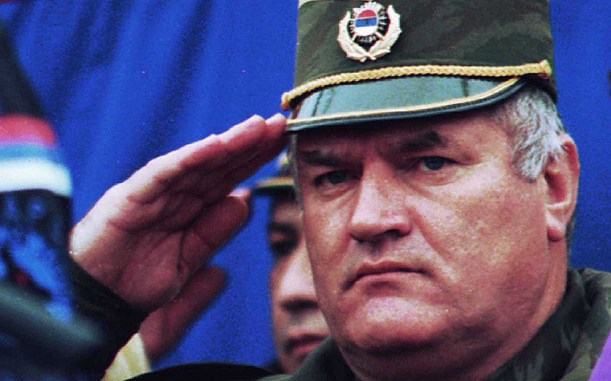
Dennis Kabatto
24 December 2012
 A new report by Amnesty International has warned of an increasing risk of Sierra Leone becoming a safe haven for suspected war criminals escaping prosecution, for some of the most serious offences known to humanity.
A new report by Amnesty International has warned of an increasing risk of Sierra Leone becoming a safe haven for suspected war criminals escaping prosecution, for some of the most serious offences known to humanity.
The report warns that unless legal loopholes in the laws of Sierra Leone that makes the country vulnerable are closed immediately from being exploited, and concrete steps” taken to establish the corresponding legal framework that will address the problems of impunity, the country may “unwittingly provide refuge” to suspects who have committed war crimes.
The report – ‘No Safe Haven’ released on December 18, 2012 by Amnesty International, say that Sierra Leone, Ghana and Vanuatu “have potentially left their doors open to those suspected of crimes under international law.”
 A major finding of the report shows Sierra Leone does not have provisions in its domestic laws that give legal power to the authorities, using the rule of universal jurisdiction, to investigate and prosecute persons suspected of committing crimes under international law abroad.
A major finding of the report shows Sierra Leone does not have provisions in its domestic laws that give legal power to the authorities, using the rule of universal jurisdiction, to investigate and prosecute persons suspected of committing crimes under international law abroad.
Christopher Keith Hall, Senior Legal Adviser for Amnesty International strongly believes that “under international law, every victim of these heinous crimes has the right to justice, truth and full reparation. Victims must be allowed to seek justice including in third countries where the suspects may be hiding,” Mr. Hall said.
Despite progressive steps taken by Sierra Leone to define some crimes under international law as crimes under Sierra Leonean law – including torture, grave breaches of the Geneva Conventions, recruitment of child soldiers, slavery, use of landmines and weapons particularly hazardous to children, these measures are inadequate because Sierra Leone has not defined these crimes in accordance with the strictest requirements of international law, says the report.
Amnesty International is urging Sierra Leone to change its laws, so that crimes under international law are defined in their national legislation in accordance with international law and standards, and eliminate all obstacles to the exercise of universal jurisdiction.
Commenting on the issue of legal loopholes in Sierra Leone laws from his office in New York, Mr. Abdul Tejan-Cole – former Sierra Leone Anti-Corruption Commission Commissioner and current executive director of the Open Society Initiative for West Africa, said though he has “not seen the Amnesty report, we are yet to pass a law that will make the Rome statute applicable under our national laws. For example we have a law against murder but not a law to prosecute genocide. We need to enact such a law. We had to pass a law to be able to try such offences during the war.”
The Rome Statute of the International Criminal Court – often referred to as the International Criminal Court Statute or the Rome Statute is the treaty that established the International Criminal Court (ICC) and 4 core international crimes including genocide, crimes against humanity, war crimes and the crime of aggression. It was adopted at a diplomatic conference in Rome on 17 July 1998 and it entered into force on 1 July 2002

Be the first to comment